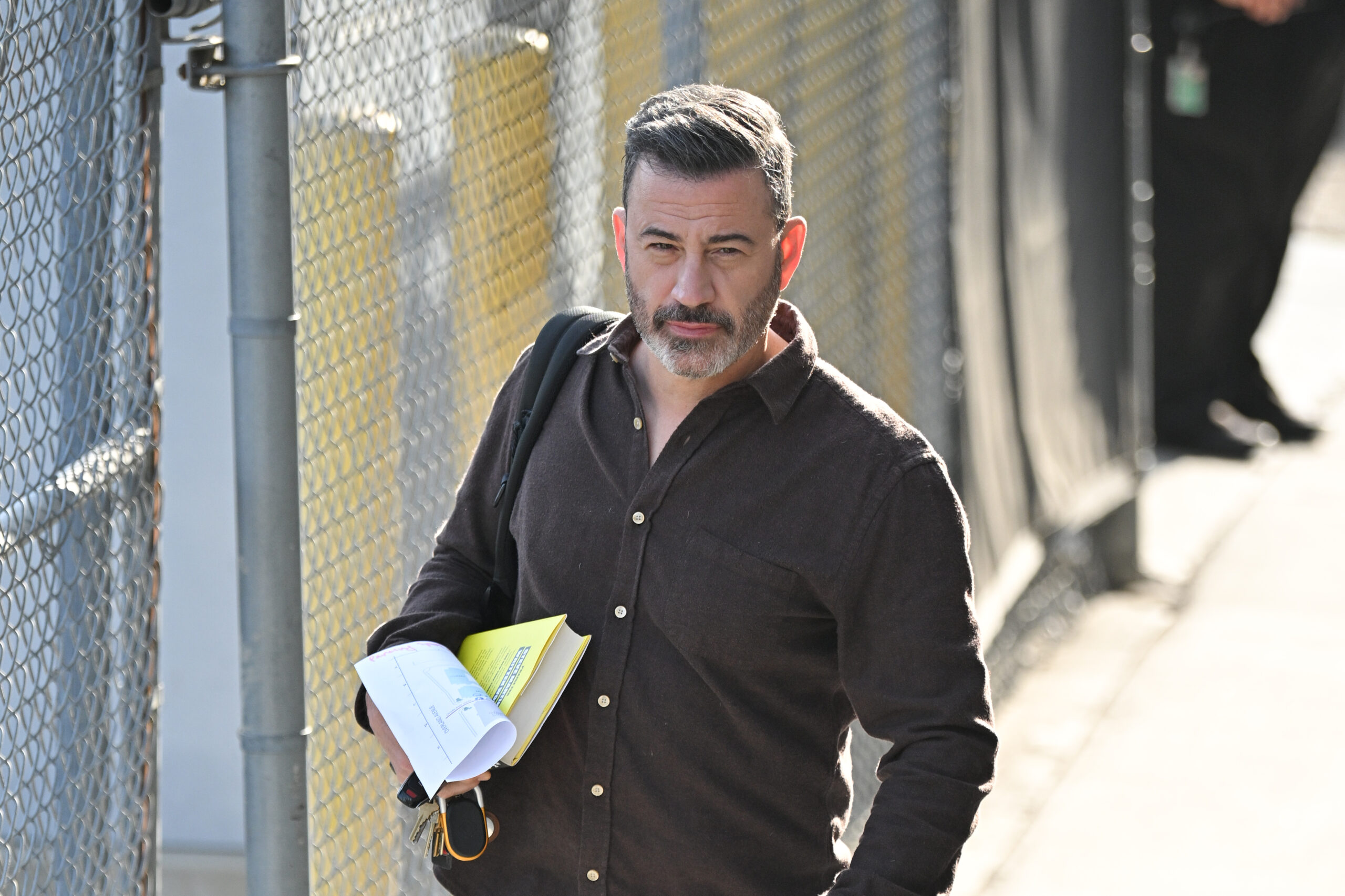Jimmy Kimmel has won the battle at ABC, but has the comedian and late-night television host won the war? This remained unclear as he returned to the set of his show but plenty of affiliates refused to carry it.
Whatever your views of Kimmel’s joke, if that’s the right word for his late evening locution, about what motivated Charlie Kirk’s assassination, the genre that keeps him in the headlines is declining. CBS has already announced it is winding down Stephen Colbert’s show.
The market rationale for all this is clear. These shows are expensive to run, with big operating budgets and huge salaries paid to the hosts. Viewership is down, making it more difficult to make money off these shows (though one suspects Kimmel will have at least a bit of a post-suspension rebound).
There are a lot of nonpolitical reasons for all this, but politics has played a role too. Late-night hosts on broadcast television are uniformly and almost banally liberal. They have sacrificed much of the comedic and entertainment value of their shows by offering bad political commentary under the guise of monologues. Most importantly, they have decided to appeal to at best half of an already declining audience.
Greg Gutfeld can work because he is on cable, where the viewership has already split politically, and he has the conservative comedy show niche more or less to himself. Bill Maher, who would have 30 years ago been more outspokenly liberal than anyone on late-night television, now tries to appeal to a more diverse audience than Kimmel or Colbert.
All this has been obscured by debates over what role the government has played in these hosts’ travails. Specifically, Kimmel’s suspension came in the wake of threatening remarks along the lines of “Nice broadcasting license—it would be a shame if something happened to it” from Attorney General Pam Bondi and FCC Chairman Brendan Carr. Colbert’s ouster also came as the FCC was considering the Paramount-Skydance merger.
The conventional wisdom on the left is that President Donald Trump, a former television star in his own right who has gleefully weighed into these controversies and for years engaged in loose talk about yanking the broadcast licenses of networks that treat him unfairly, is directly or indirectly behind all this. Trump reinforced this in Truth Social post protesting Kimmel's reinstatement, threatening a lawsuit against the network he claimed had reassured "the White House" that the show had been canceled. At the very least, the argument runs, corporations are more eager to be seen as doing Trump’s bidding in his second term. Thus, they make martyrs out of Kimmel and Colbert.
The fact that Kimmel was only off the air for a few days calls into question that tidy explanation for his suspension, even if Trump went out of his way to make the story messy again. If anything, the intervention by Trump and his associates prolonged the show as what might have been seen as an obvious business decision was now being decried as an act of political censorship. But the optics weren’t good, to say the least.
It’s all a bit reminiscent of the end of former San Francisco 49ers quarterback Colin Kaepernick’s NFL career. Kaepernick was at the forefront of the unpopular and ill-conceived national anthem protests during Trump’s first term. (Trump didn’t stay out of that controversy, either.)
Kaepernick’s defenders have long maintained the NFL owners colluded to keep him out of the league to tamp down on these protests. And maybe they did. The team owners are extremely rich, but not always the brightest bulbs when it comes to matters unrelated to how they made their money (sometimes including the running of their own football teams). Other quarterbacks have bounced around the league, and even started, past their expiration dates.
But there was a sound market reason for teams to avoid Kaepernick. He appeared to be in decline as a player, going 1–10 in his final season. (He ended his career a tick under .500 overall.) He was becoming controversial not at the height of his prowess as a player, but near his nadir.
Subscribe Today
Get daily emails in your inbox
There are arguments to be made over how much of the 49ers’ problems were Kaepernick’s fault and whether a different franchise should have given him another chance. It is a team sport, after all. We’ve seen Geno Smith, Baker Mayfield, Sam Darnold, and now maybe even Daniel Jones and Mac Jones look destined for backup quarterback purgatory only to remind fans that they can play.
Yet no team was likely to want to deal with the headaches surrounding signing Kaepernick unless they were reasonably sure he was going to not only start, but excel. You don’t risk that kind of backlash for a backup quarterback. That wouldn’t require any collusion.
Colbert and Kimmel are now heroes to the same people who lionized Kaepernick. And network executives are at least as boneheaded at times as their NFL counterparts. But it is not difficult to find other, less nefarious reasons for their professional plights.
